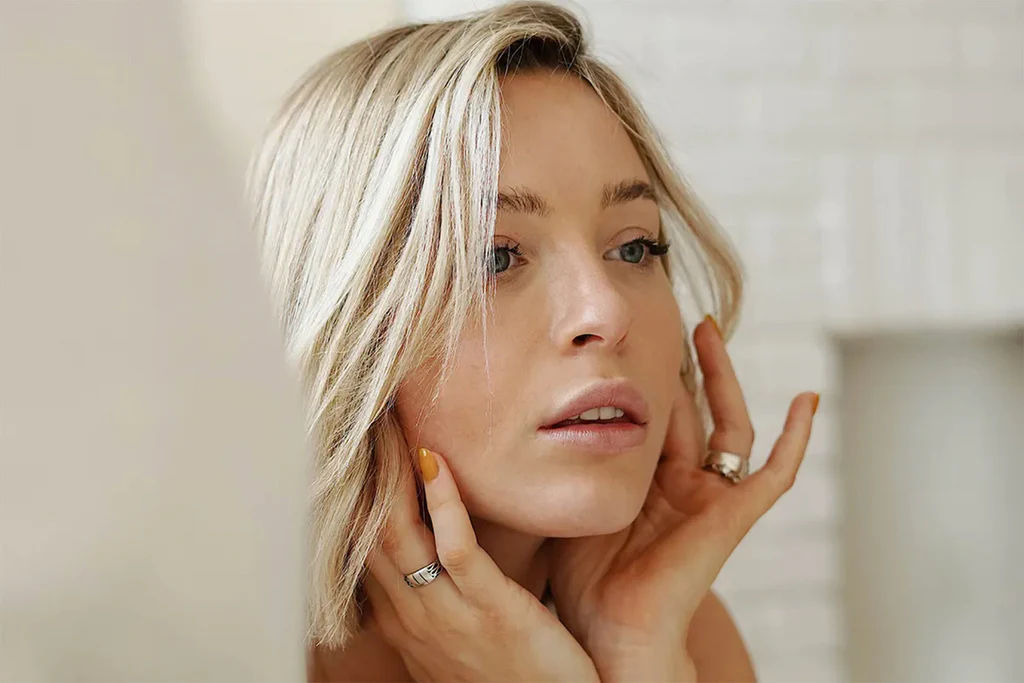
Are You A ‘Clencher’?
We often live our busy lives at 100mph and tend to hold a lot of the tension in our jaw which consequently leads to unexplained jaw and neck pains. Most of the time, people are unaware that they clench or grind their teeth and 70% of clenching and grinding occurs when we are sleeping, and it is noted that often partner’s will make the person aware that they’re doing it due to the horrible sound of the teeth grinding against each other. This involuntary habit is otherwise known as Bruxism and named after the Greek word ‘to chew’, the masseter muscle becomes overworked and bulky in appearance leading to the square jaw look.
So, what causes us to grind or clench our teeth?
Bruxism is more common now than ever due to individuals going through increased stress and anxiety due to the global pandemic. But how do I know if this is something that I’m doing? Here are some of the tell-tale signs that can occur as a result of teeth clenching or grinding:
- You wake up in the morning with pain or discomfort around your jaw and temple region
- You wake up in the morning with a headache and/or neck pain
- You notice that your teeth are chipping or feeling rough/jagged at the edge
What does the treatment involve?
Following a consultation, the skin is cleansed and then small injections of Botox® are injected into the overworked muscles on both sides of the jaw. This painless procedure takes less than 10 minutes and then you can get back to whatever you were doing before and the cherry on top is that you can have it done from the comfort of your own home through UNNDOO. Once the Botox® starts to take the effect, those overworked muscles will start to relax which in turn reduces the pressure on the jaw, neck and temple region, meaning fewer headaches and jaw pain when you wake up in the morning.
So, if you’re reading this and think that you experience some of these signs, then you may well be doing it without realising. It’s important to remember that you should also see your dentist with regards to these signs and often they may suggest wearing a mouthguard at night in order to protect your teeth. At UNNDOO, as the majority of our practitioners are dentists, they have an in-depth knowledge of the jaw and the muscles and how they function, so they are also able to offer some additional advice and tips to ensure that you get the best result possible!
Find out more about this game-changer treatment on our website www.unndoo.com and book in to say goodbye to those morning headaches.





